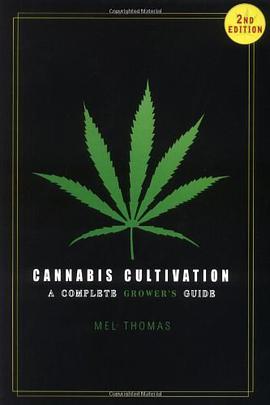

具體描述
Rachel Cohon offers an original interpretation of the moral philosophy of David Hume, focusing on two areas. Firstly, his metaethics. Cohon reinterprets Hume's claim that moral distinctions are not derived from reason and explains why he makes it. She finds that Hume did not actually hold three "Humean" claims: 1) that beliefs alone cannot move us to act, 2) that evaluative propositions cannot be validly inferred from purely factual propositions, or 3) that moral judgments lack truth value. According to Hume, human beings discern moral virtues and vices by means of feeling or emotion in a way rather like sensing; but this also gives the moral judge a truth-apt idea of a virtue or vice as a felt property. Secondly, Cohon examines the artificial virtues. Hume says that although many virtues are refinements of natural human tendencies, others (such as honesty) are constructed by social convention to make cooperation possible; and some of these generate paradoxes. She argues that Hume sees these traits as prosthetic virtues that compensate for deficiencies in human nature. However, their true status clashes with our common-sense conception of a virtue, and so has been concealed, giving rise to the paradoxes.
著者簡介
圖書目錄
讀後感
評分
評分
評分
評分
用戶評價
相關圖書
本站所有內容均為互聯網搜索引擎提供的公開搜索信息,本站不存儲任何數據與內容,任何內容與數據均與本站無關,如有需要請聯繫相關搜索引擎包括但不限於百度,google,bing,sogou 等
© 2025 book.quotespace.org All Rights Reserved. 小美書屋 版权所有




















